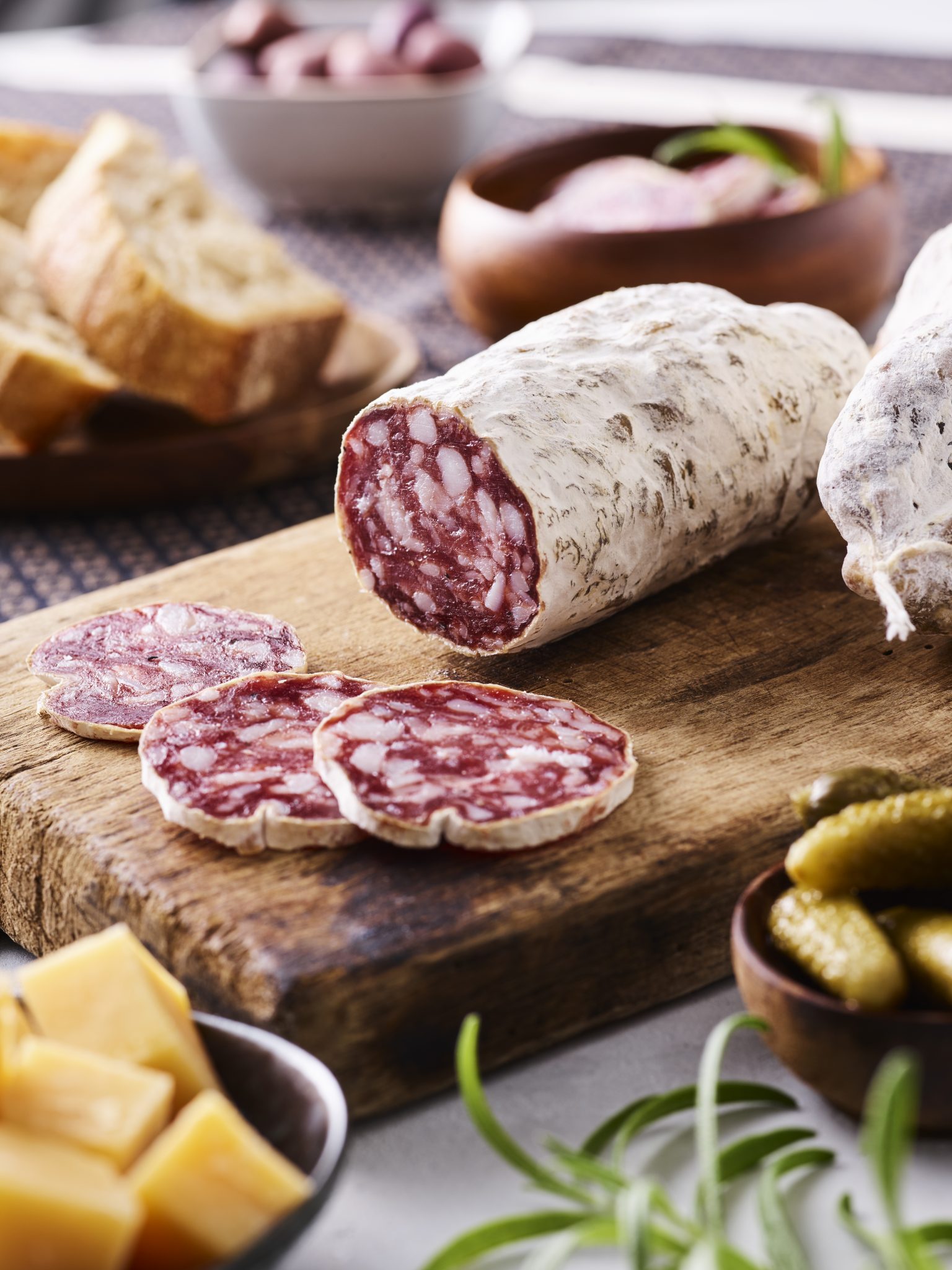Collaboration inspires new uses of fermentation
In a major collaboration project between University of Copenhagen and the Danish ingredient company Novonesis, the Danish collaborative culture has come up with innovative solutions to fight against pathogens in meat products.
Millions of tonnes of meat, dairy and ready-to-eat food products are thrown away every year due to their high vulnerability to food pathogens and spoilage bacteria. Sometimes the best way to outsmart such contaminants is to recruit beneficial bacteria – through fermentation with a protective effect.
Inspiration from collaborative research
Novonesis has developed a range of protective biosolutions that help keep meat, dairy and other food products safe and fresh for longer while maintaining taste and texture.
More than two decades have passed since research at the University of Copenhagen provided inspiration for the range. A collaborative study by the Danish Technological Institute and the meat industry found that the lactic acid bacteria naturally present in meat products can provide protection against the effect of unwanted flora. Drawing on these findings, Novonesis went on to find those strains of lactic acid bacteria that can effectively protect meat products from contamination with Listeria monocytogenes. This marked the beginning of what is now an extensive portfolio of lactic acid bacteria and other food cultures that both inhibit food spoilage and protect against harmful contaminants.
the cultures provide a series of added benefits – naturally improving colour, flavour and texture development without need of chemical additives
When used in bacon or salami, the cultures provide a series of added benefits – naturally improving colour, flavour and texture development without need of chemical additives.
Biosolutions with multiple benefits
Novonesis has also helped save over one million tonnes of yoghurt by using specific beneficial bacteria that produce lactic acid compounds. This both creates an environment where harmful microorganisms are unable to grow and contributes to the yoghurt’s distinctive taste and texture.


